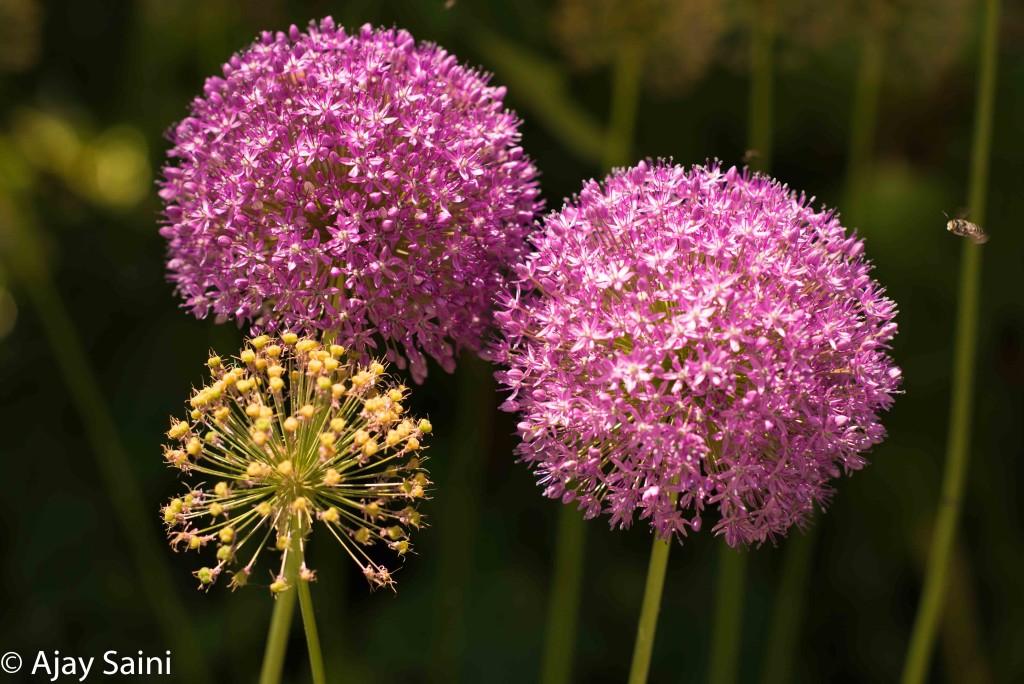
Would you agree that most of us eat our food in a rush these days without thinking about the consequences? If yes, then you may also agree that as a result, we seem to be losing touch with our sense of taste, in its authentic form. However it’s reversible and we can actually use this sense to relax; feel better by giving ourselves a break in between two tasks or precisely give our brain a pause in between a trigger and a response.
How it works
Have your favorite food handy around you when possible. Simply sit at a comfortable place, have your favorite food ready in front of you. Now first notice the color of the food; then its temperature; its texture; its aroma, and don’t forget to be grateful for it. Now put the food in your mouth and chew it slowly by letting it roll in different parts of your mouth. The whole idea is to pay attention to what you are eating; how you are eating, while cherishing the food and distracting from your stressor at the same time. Also, note the kind of feelings or thoughts emerge when you are eating. All these steps using sense of taste will help you to be more aware and relax for few minutes so that later you can be more attentive.
On a side note, I can’t stop myself from mentioning that let’s try our best to have something that we like and which is also healthy. When we eat something unhealthy, it makes us feel guilty later on. That’s definitely not the purpose of this exercise. Also, research shows that when we are stressed, we crave for sugar and fried food. Precisely, that is the time when we should avoid eating junk food because our body is already releasing stress hormones to protect us from any perceived or real threat or stress). When we eat unhealthy, it is double-trouble for our mind and body. We don’t need to stop eating all our favorite foods but we can always start replacing one unhealthy food item with something which is healthier and also tastes better. We have plenty of options these days!
Please be mindful of how it feels when we eat our favorite food and how to use the sense of taste to help us relax and feel better!!
Next Sunday, I’ll share about the sense of touch!


 What is Anger?
What is Anger?